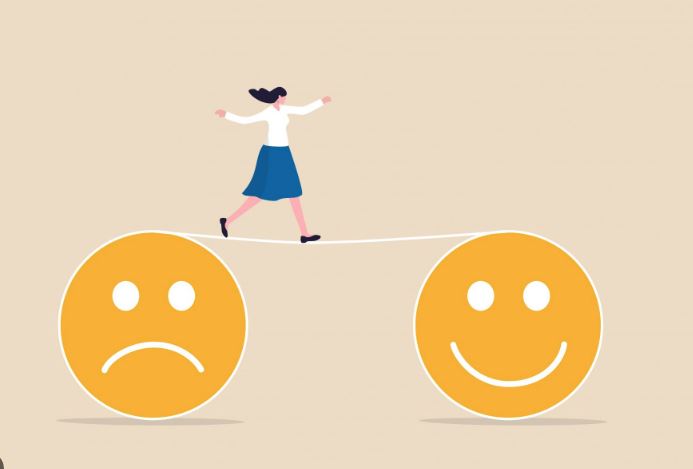Regular mental health check-ins play a crucial role in promoting overall well-being and maintaining mental wellness. Just as we prioritize physical health by going for regular check-ups, it is equally important to prioritize our mental health. Here are the reasons why regular mental health check-ins are important:
The Importance of Regular Mental Health Check-Ins
- Early Detection of Issues: Regular mental health check-ins allow individuals to detect any early signs or symptoms of mental health issues. By being proactive and seeking professional help at the earliest opportunity, individuals can prevent issues from worsening and get the necessary support and treatment.
- Prevention and Well-being: Mental health check-ins are not only for individuals experiencing mental health challenges but also for those who want to maintain good mental well-being. By regularly checking in with a mental health professional, individuals can learn coping mechanisms, stress management techniques, and strategies to improve their quality of life.
- Managing Stress: Life can be overwhelming at times, and stress can have a significant impact on mental health. Regular mental health check-ins provide an opportunity for individuals to discuss their stressors and learn effective ways to manage and cope with stress. It can also help identify any unhealthy patterns or behaviors that contribute to stress and develop healthier alternatives.
- Emotional Support: Mental health check-ins offer individuals a safe and non-judgmental space to express their emotions and concerns. Talking to a mental health professional can provide valuable emotional support and validation, helping individuals navigate through difficult experiences and develop healthier coping mechanisms.
- Monitoring Progress: Regular mental health check-ins allow professionals to monitor an individual’s progress over time. It provides an opportunity to reevaluate treatment plans, adjust interventions if necessary, and ensure that individuals are on track towards their mental health goals.
- Building Resilience: Regular mental health check-ins contribute to building psychological resilience. By seeking support and developing self-awareness, individuals can learn to bounce back from challenges, adapt to stressors, and develop a positive mindset.
- Breaking Stigma: Regular mental health check-ins help break down the stigma associated with seeking help for mental health issues. By normalizing and prioritizing mental health, individuals encourage others to do the same, creating a more supportive and understanding environment.
It’s essential to remember that mental health check-ins can be done through various avenues such as therapy sessions, counseling, support groups, or even through self-reflection and personal assessment. Taking the time to regularly check in with yourself and seek professional guidance can have a significant positive impact on your mental health, well-being, and overall quality of life.

